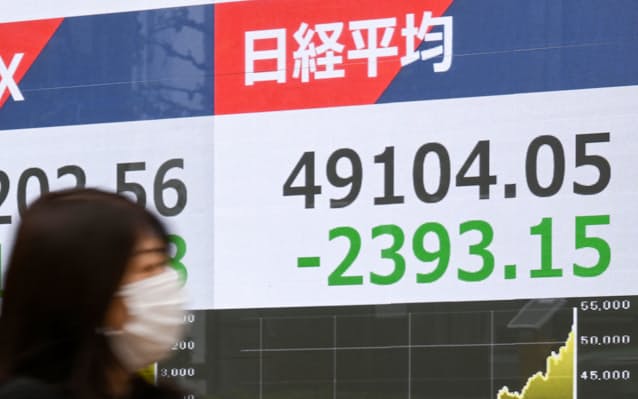An unexpected downward sprint in the Japanese stock market leaves the Nikkei average below the 49,000 yen mark. The driving factors of this significant drop remain unclear, but analysts point to various domestic and international economic uncertainties. Japanese companies and investors are closely monitoring the situation, as it could have significant implications for the national economy.
In Japan, the Nikkei 225 average is a leading economic indicator, often given much attention in financial news. It's sensitive to many variables such as political stability, technological developments, and international trade. A change in the Nikkei average like this can impact the decisions of Japanese businesses, government policy and individual investors.
In the US or EU, similar attention is given to their respective stock market indexes, such as the Dow Jones Industrial Average or the FTSE 100. Such dips often inspire varying reactions from market players, potentially leading to shifts in investment strategies and impacting national economies.

